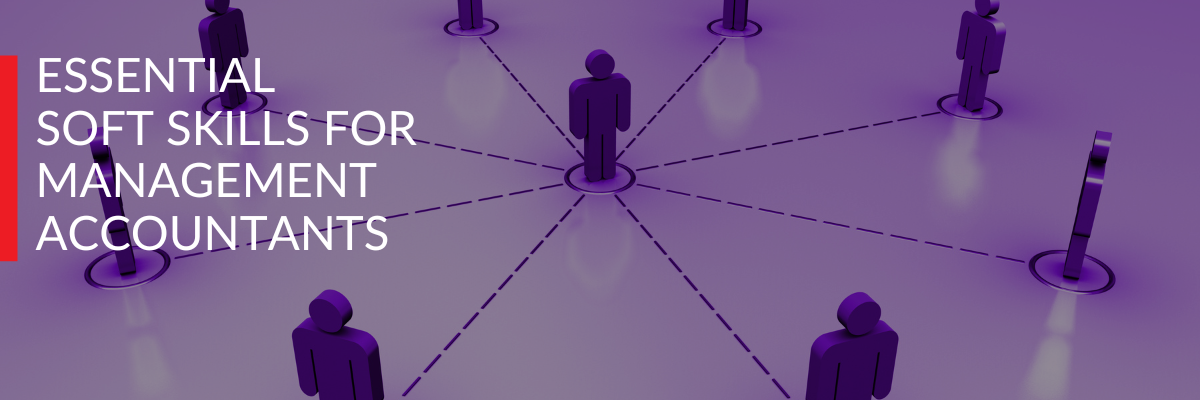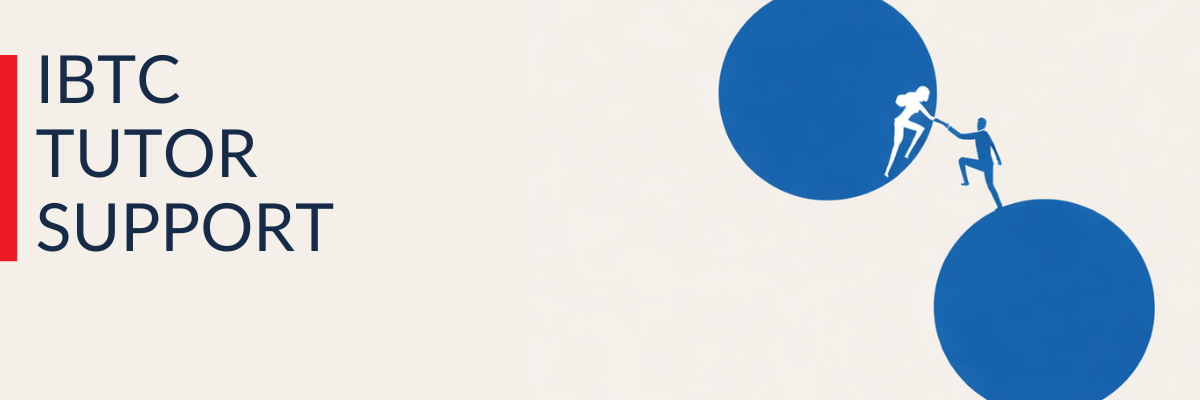In the world of management accounting, technical proficiency is undeniably a golden ticket. But, like any great show, the ticket alone won't guarantee a front-row seat.
For that, you need the full package, and that's where soft skills come into play. Let's delve into the trifecta: communication, leadership, and other pivotal non-technical skills.
1. Communication: The Art of Clarity and Engagement
Management accountants are, in essence, storytellers. They interpret data, identify trends, and provide insights. However, all that technical genius goes to waste if it cannot be conveyed with clarity. Strong communication skills allow you to:
- Simplify complex financial data for stakeholders.
- Persuade and influence decision-making.
- Foster trust through transparency.
Tip: Practice tailoring your communication based on your audience. A board member might appreciate a concise overview, whereas a project team might need detailed insights.
2. Leadership: Pioneering Forward and Uplifting Others
Leadership isn't merely about being at the helm; it's about guiding, motivating, and inspiring a team. For management accountants, leadership skills ensure:
- Effective collaboration within cross-functional teams.
- Proactive problem-solving and navigating challenges.
- Cultivating a culture of continuous improvement.
Tip: Remember, leadership is not about authority, but about setting an example. Listen actively, show empathy, and empower those around you.
3. The Soft Skills Medley
Apart from communication and leadership, a few other non-technical skills pack a punch in the accounting realm:
- Critical Thinking: This skill allows you to dissect data and consider all angles, ensuring balanced decision-making.
- Time Management: Juggling numerous tasks, deadlines, and projects? This skill is your lifesaver.
- Adaptability: The finance world is ever evolving. Flexibility and adaptability keep you ahead of the curve.
- Emotional Intelligence: Recognising and navigating emotions (yours and others') builds better work relationships.
Tip: Never stop learning. Attend workshops, seminars, or webinars to keep honing these soft skills.
Your career in management accounting is a balance between expertise and interpersonal prowess. While the technical knowledge learned by completing a Professional Qualification forms the foundation, soft skills build upon it, adding depth and versatility to your skillset.
As you navigate your professional journey, remember that mastering both aspects is the key to a holistic and impactful career.






